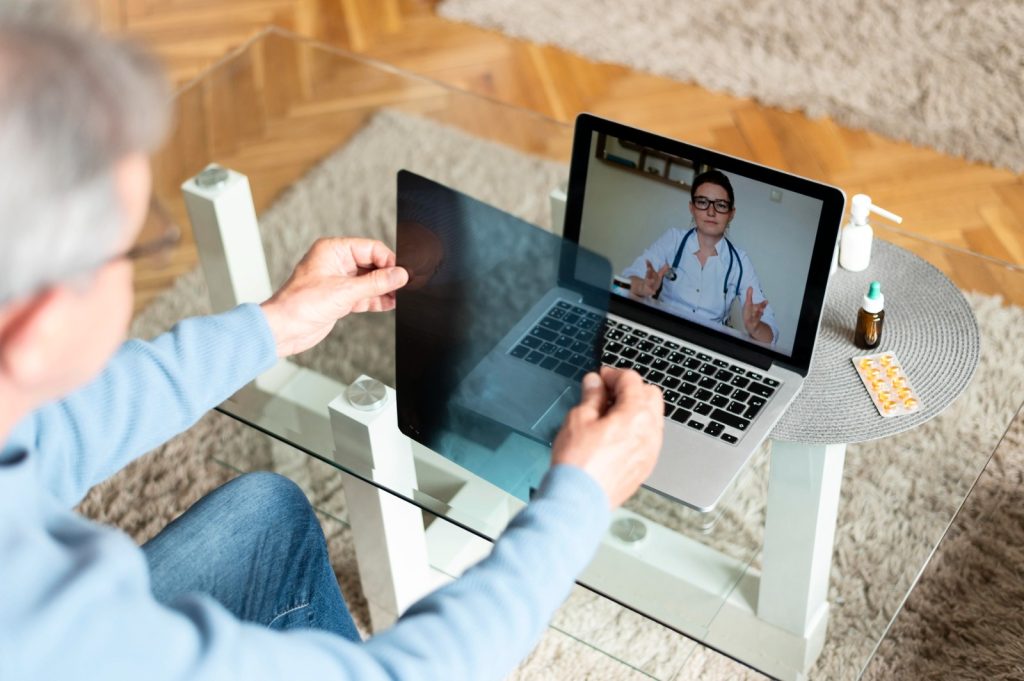In the rapidly advancing landscape of healthcare, patient engagement has become a focal point for improving overall outcomes and fostering a more patient-centric approach. Technological innovations are playing a pivotal role in reshaping the way patients interact with healthcare services.
This article delves into the latest trends driving patient engagement, exploring how technology is creating a more connected and empowered healthcare experience.
Mobile Health Apps and Personalized Wellness
Mobile health applications have emerged as powerful tools for patients seeking personalized wellness solutions. From fitness tracking to medication reminders, these apps empower individuals to take charge of their health. Hospitals are increasingly integrating mobile apps into their systems, providing patients with real-time access to their medical records, appointment scheduling, and educational resources.
The result is a more informed and engaged patient population, actively participating in their well-being.
Virtual Reality (VR) in Healthcare Education and Therapy
The utilization of virtual reality (VR) technology is transforming healthcare education and therapeutic interventions. Medical professionals and patients alike are benefiting from immersive VR experiences that facilitate better understanding of complex medical procedures and conditions.
Moreover, VR is proving to be a valuable tool in pain management and rehabilitation, offering a holistic approach to patient care. The integration of VR not only enhances medical education but also contributes to more effective therapeutic outcomes.
Chatbots and AI-Powered Patient Support
Artificial Intelligence (AI) and chatbots are revolutionizing patient support services, providing instant and personalized assistance to individuals. From answering queries about medications to offering guidance on post-treatment care, AI-powered chatbots enhance communication between healthcare providers and patients. This not only improves efficiency but also ensures that patients have continuous access to information, fostering a sense of support throughout their healthcare journey.
Wearable Health Devices and Continuous Monitoring
The advent of wearable health devices is ushering in a new era of continuous patient monitoring. These devices, ranging from smartwatches to specialized health trackers, enable real-time data collection on vital signs and activities. Hospitals are leveraging this technology to remotely monitor patients, especially those with chronic conditions
The integration of wearable devices enhances patient engagement by providing individuals with valuable insights into their health status.
Conclusion:
As technology continues to evolve, the future of patient engagement in healthcare looks promising.
The integration of mobile apps, virtual reality, AI-powered support, and wearable devices not only enhances the patient experience but also empowers individuals to actively participate in their healthcare journey.
You may also like
-
Buy Shilajit Online: A Modern Path to Ancient Wellness
-
The Best Shilajit Brands: A Complete Guide to Quality, Purity & Performance
-
Unlocking Nature’s Secret: The Best Place to Buy Shilajit
-
Unlocking Nature’s Ancient Secret Power of Himalayan Fresh Shilajit
-
Breast Augmentation in Dubai: A Journey Toward Confidence and Contour

